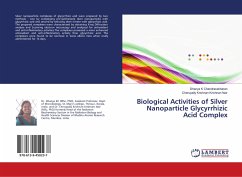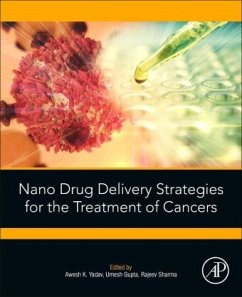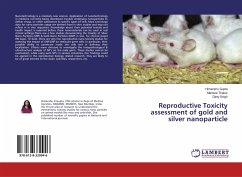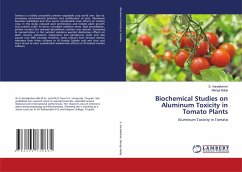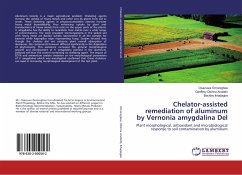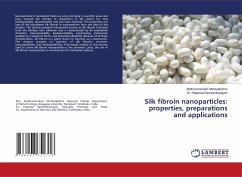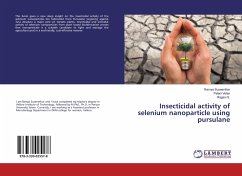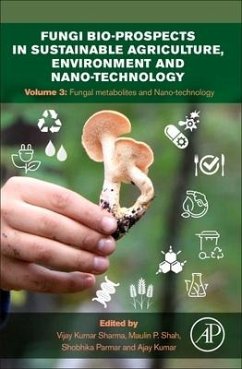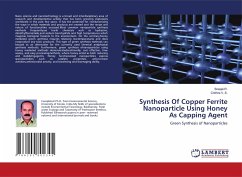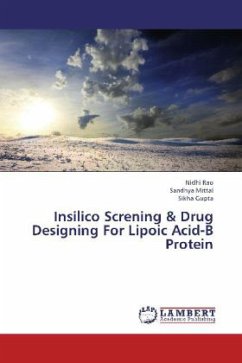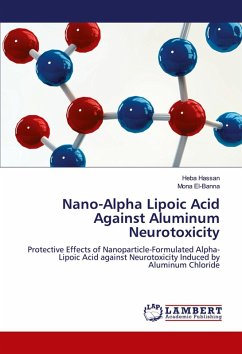
Nano-Alpha Lipoic Acid Against Aluminum Neurotoxicity
Protective Effects of Nanoparticle-Formulated Alpha-Lipoic Acid against Neurotoxicity Induced by Aluminum Chloride
Versandkostenfrei!
Versandfertig in 6-10 Tagen
29,99 €
inkl. MwSt.

PAYBACK Punkte
15 °P sammeln!
Aluminum (Al) is a common environmental metal with high human exposure potential through water, food, air, medications, and dust, linked to neurotoxic effects like speech and motor issues, tremors, dyspraxia, and cognitive decline. Research highlights Al's impact on neurobehavioral and neurophysiological health, leading to inflammation, cell apoptosis, and lower brain-derived neurotrophic factor (BDNF) levels. As the brain is especially vulnerable to Al toxicity due to elevated oxidative stress markers such as reactive oxygen species (ROS) and lipid peroxidation (LPO), antioxidant therapies co...
Aluminum (Al) is a common environmental metal with high human exposure potential through water, food, air, medications, and dust, linked to neurotoxic effects like speech and motor issues, tremors, dyspraxia, and cognitive decline. Research highlights Al's impact on neurobehavioral and neurophysiological health, leading to inflammation, cell apoptosis, and lower brain-derived neurotrophic factor (BDNF) levels. As the brain is especially vulnerable to Al toxicity due to elevated oxidative stress markers such as reactive oxygen species (ROS) and lipid peroxidation (LPO), antioxidant therapies could offer protection against this oxidative damage. Alpha-lipoic acid ( -LA), a natural antioxidant, shows promise in mitigating brain oxidative injury, though its low solubility, short half-life, and degradation susceptibility pose challenges. Nanotechnology, particularly nanoparticles (NPs), can overcome these limitations by enhancing -LA's stability, bioavailability, and therapeutic efficacy. Chitosan (Cs), a biodegradable, non-toxic polysaccharide, and solid lipid nanoparticles (SLNPs), stable at various temperatures, provide effective delivery options, improving drug stability.





